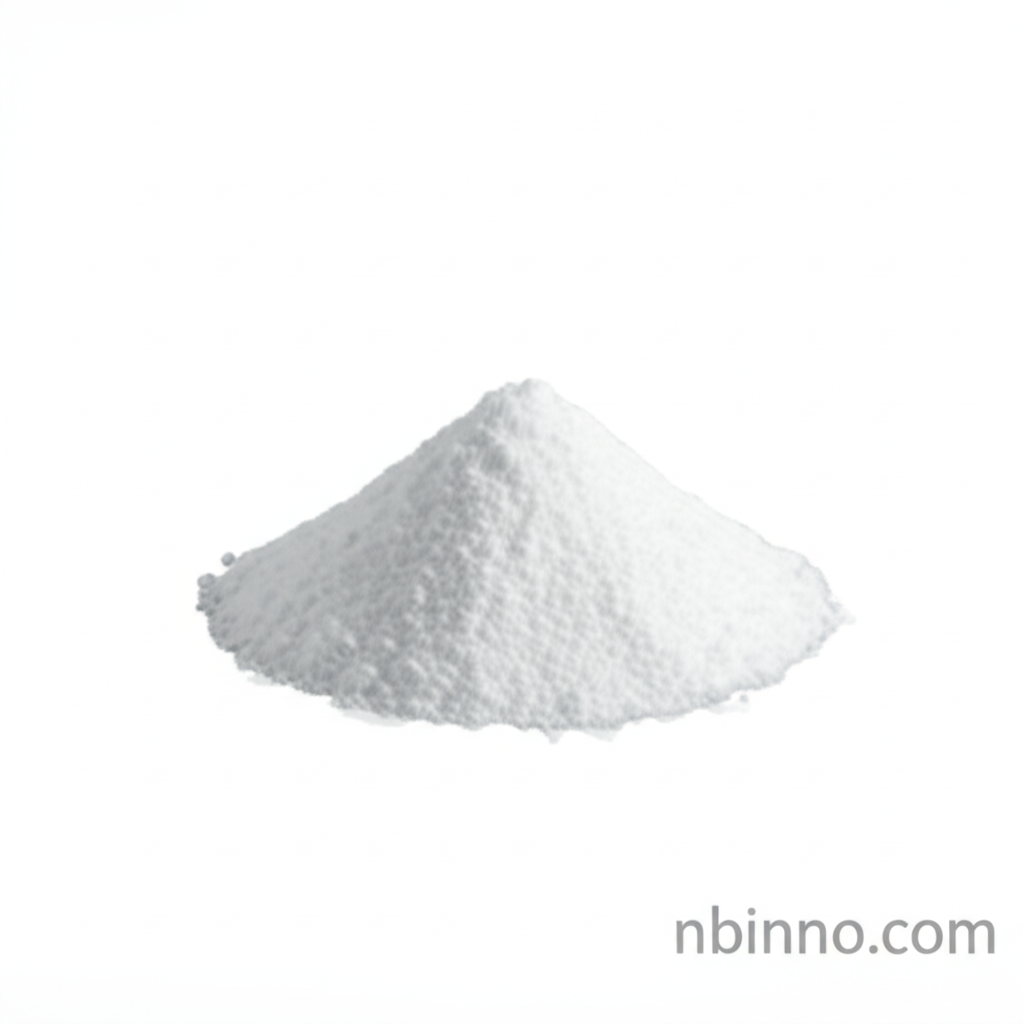Fmoc-N-methyl-L-isoleucine: A Key Building Block for Advanced Peptide Synthesis
Discover the critical role of Fmoc-N-methyl-L-isoleucine in modern peptide synthesis, offering enhanced stability and unique properties for cutting-edge research and pharmaceutical development. A vital reagent for precision biomolecule construction.
Get a Quote & SampleProduct Core Value

Fmoc-N-methyl-L-isoleucine
As a premier supplier in China, we offer Fmoc-N-methyl-L-isoleucine (CAS 138775-22-1), a high-purity protected amino acid derivative essential for advanced peptide synthesis. This compound is a cornerstone in Solid-Phase Peptide Synthesis (SPPS), allowing for precise and efficient peptide chain elongation. Its unique N-methyl substitution and the protective Fmoc group contribute to its excellent solubility and stability under reaction conditions, making it a preferred choice for researchers aiming to buy high-quality peptide synthesis reagents.
- Utilizing Fmoc chemistry, this amino acid derivative enables the synthesis of peptides with specific stereochemistry, crucial for developing effective therapeutic agents.
- Fmoc-N-methyl-L-isoleucine is instrumental in drug development, particularly for creating peptide-based drugs that require enhanced bioactivity and improved pharmacokinetic profiles.
- Its application extends to bioconjugation techniques, facilitating the precise linking of peptides to other biomolecules for targeted delivery systems, a key aspect of modern research.
- As a fundamental component in custom peptide synthesis, it empowers scientists to achieve high peptide yields and purity, supporting complex research objectives in life sciences.
Advantages Offered
Milder Synthesis Conditions
Compared to older methods, Fmoc-protected amino acids like this one allow for milder deprotection and cleavage steps, reducing the risk of side reactions and improving overall peptide yield and purity in SPPS.
Enhanced Peptide Properties
The N-methyl substitution in Fmoc-N-methyl-L-isoleucine can lead to peptides with enhanced stability and modified pharmacological properties, making it valuable for drug discovery and optimization.
Versatile Building Block
This compound serves as a versatile building block in various organic reactions beyond standard peptide synthesis, offering flexibility for researchers exploring novel molecular structures and applications.
Key Applications
Peptide Synthesis
A primary building block for solid-phase peptide synthesis (SPPS), enabling the controlled assembly of complex peptide chains for research and development.
Drug Development
Crucial in the creation of novel peptide-based therapeutics, where its unique structure can enhance bioactivity and improve drug delivery characteristics.
Bioconjugation
Used to link peptides to other molecules, such as antibodies or fluorescent tags, for applications in diagnostics, targeted therapy, and imaging.
Protein Engineering
A valuable tool for modifying protein structures and functions, leading to improved enzyme activity, stability, or altered biological roles in research settings.
